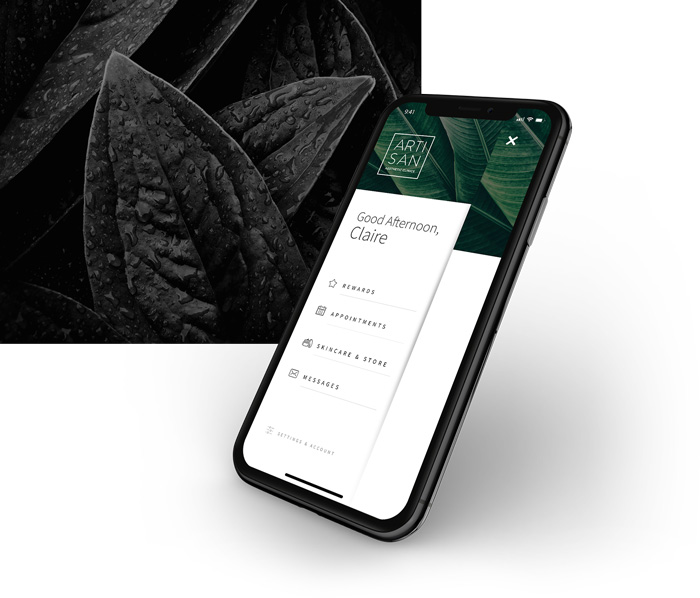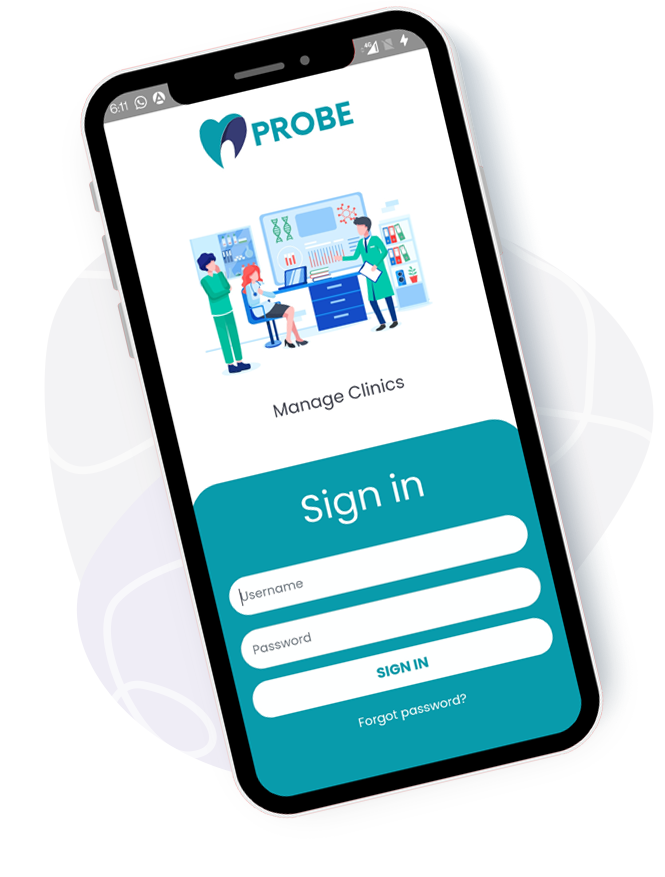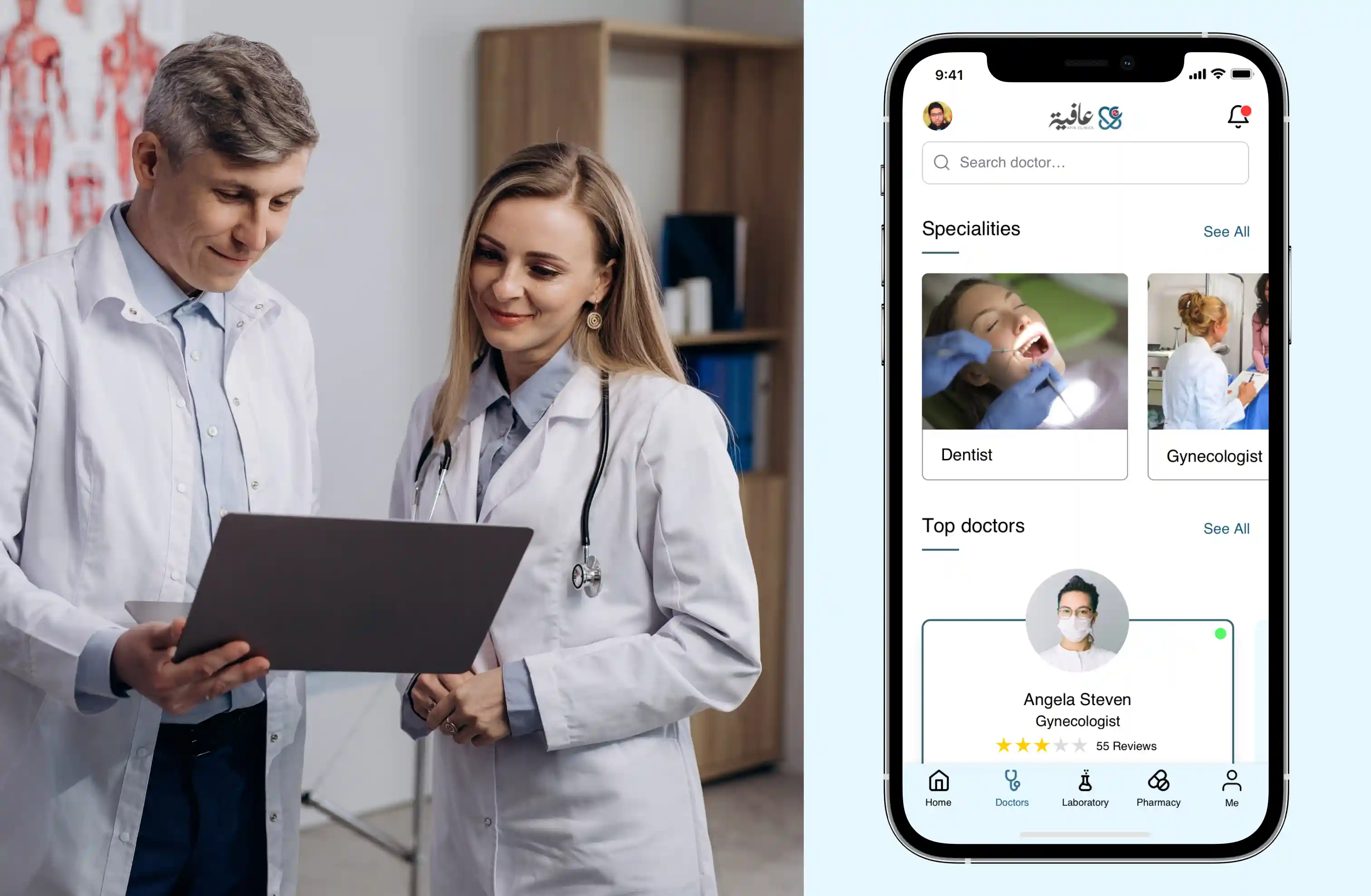How a Mobile App for Clinics Enhances Communication Between Doctors and Patients
How a Mobile App for Clinics Enhances Communication Between Doctors and Patients
Blog Article
The Future of Health Care: Why Clinics Required a Mobile App Today
As the medical care landscape continues to develop, clinics face mounting stress to adapt to client assumptions for better ease and access. The integration of mobile applications can serve as an important strategy for enhancing individual involvement and streamlining operations.
Altering Person Expectations
As the landscape of health care progresses, patient expectations are undergoing a considerable transformation. Today's patients are increasingly looking for comfort, availability, and personalized care.
In addition, individuals are becoming more notified and empowered, usually researching treatments and problems online prior to consultations. This enhanced awareness is paired with a demand for openness in healthcare processes, consisting of cost estimates and therapy choices. Because of this, providers are forced to adjust by taking on digital devices that boost the individual experience.
The assumption for timely and effective interaction has actually never been higher, with many individuals taking into consideration responsiveness an important element of top quality care. mobile app for clinics. In this evolving landscape, medical care organizations should identify these altering assumptions and utilize mobile applications to cultivate a more patient-centric technique, making certain that they not only fulfill yet surpass the requirements set by today's educated consumers
Enhancing Person Engagement

Mobile applications assist in interaction in between clients and doctor, allowing real-time consultation organizing, tips for medicine adherence, and direct messaging features. These capabilities not just enhance comfort but additionally construct a sense of liability amongst people. Mobile applications can offer instructional material customized to individual needs, aiding patients much better understand their conditions and treatment alternatives.
The integration of gamification elements within medical care applications can additionally inspire individuals to involve in healthy habits, reinforcing favorable way of life adjustments. By tracking progression and fulfilling achievements, people are more probable to stay dedicated to their health objectives. Ultimately, boosting person engagement via mobile applications causes boosted wellness end results, greater person complete satisfaction, and a more collective health care experience. Centers that prioritize this facet will likely see a considerable effect on the top quality of treatment supplied.
Improving Facility Operations
Streamlining facility procedures is important for boosting process effectiveness and maximizing person treatment. The execution of mobile applications can substantially minimize administrative worries, allowing healthcare service providers to concentrate more on individual communications. By automating appointment scheduling, person check-ins, and billing processes, facilities can minimize wait times and enhance overall operational efficiency.
Mobile applications likewise facilitate real-time accessibility to individual documents, allowing healthcare professionals to make informed decisions rapidly. This immediacy link not only boosts the high quality of care but also lowers the chance of mistakes related to lost or dated details. Leveraging mobile modern technology sustains a more well organized strategy to managing individual follow-ups and treatment strategies, making sure that no critical steps are forgotten.
This permits for prompt replenishment and aids prevent disruptions in client care due to stock lacks. By incorporating these functionalities right into their everyday procedures, facilities can develop a more cohesive and efficient atmosphere, inevitably leading to improved individual end results and complete satisfaction.
Improving Communication Channels
Reliable interaction is frequently mentioned as a foundation of quality healthcare delivery. In today's hectic medical environment, mobile applications can substantially improve interaction channels in between facilities, clients, and health care providers. By integrating mobile applications into their procedures, clinics can help with real-time interactions, ensuring that patients receive timely details regarding their consultations, examination outcomes, and treatment strategies.
Mobile applications also empower people to communicate directly with their healthcare teams through protected messaging functions. This direct line of interaction promotes a feeling of interaction and permits prompt explanation of problems, which can lead to better adherence to treatment protocols. Push notices can advise people of upcoming consultations or drug routines, minimizing no-show rates and improving total health and wellness results.

Remaining Competitive in Healthcare
In a quickly advancing healthcare landscape, companies must focus on innovation and adaptability to preserve an affordable edge. The combination of mobile applications right into health care solutions is no more optional; it is essential for facilities aiming to enhance client interaction, enhance procedures, and boost overall service shipment.
As individuals progressively depend on electronic systems for health administration, centers that fall short to take on mobile technology risk falling back. A well-designed mobile application can offer features such as appointment scheduling, telemedicine consultations, and access to medical records, providing clients with benefit and promoting commitment.

Rivals are likewise spending in mobile remedies, so staying in advance needs continuous enhancement and remaining informed concerning technological improvements. Centers have to not only apply mobile applications but also engage in normal updates and refinements. Ultimately, the successful combination of mobile technology will identify forward-thinking healthcare organizations and established the standard for patient-centric treatment in a digital globe.
Conclusion
In conclusion, the combination of mobile applications in centers is necessary use this link to resolve the advancing landscape of client expectations. Eventually, the calculated execution of mobile applications represents an essential step towards providing easily accessible and customized medical care, thereby meeting the demands of today's equipped clients.
Ultimately, enhancing patient engagement through mobile applications leads try this to boosted health results, greater patient satisfaction, and an extra joint health care experience.Mobile apps also promote real-time access to patient documents, allowing healthcare specialists to make informed choices rapidly. In today's fast-paced clinical environment, mobile applications can substantially enhance interaction channels in between clinics, people, and health care carriers.Mobile applications additionally empower individuals to communicate straight with their medical care teams through safe messaging features. Inevitably, the tactical implementation of mobile applications stands for an important action toward supplying obtainable and customized healthcare, thereby satisfying the needs of today's equipped people.
Report this page